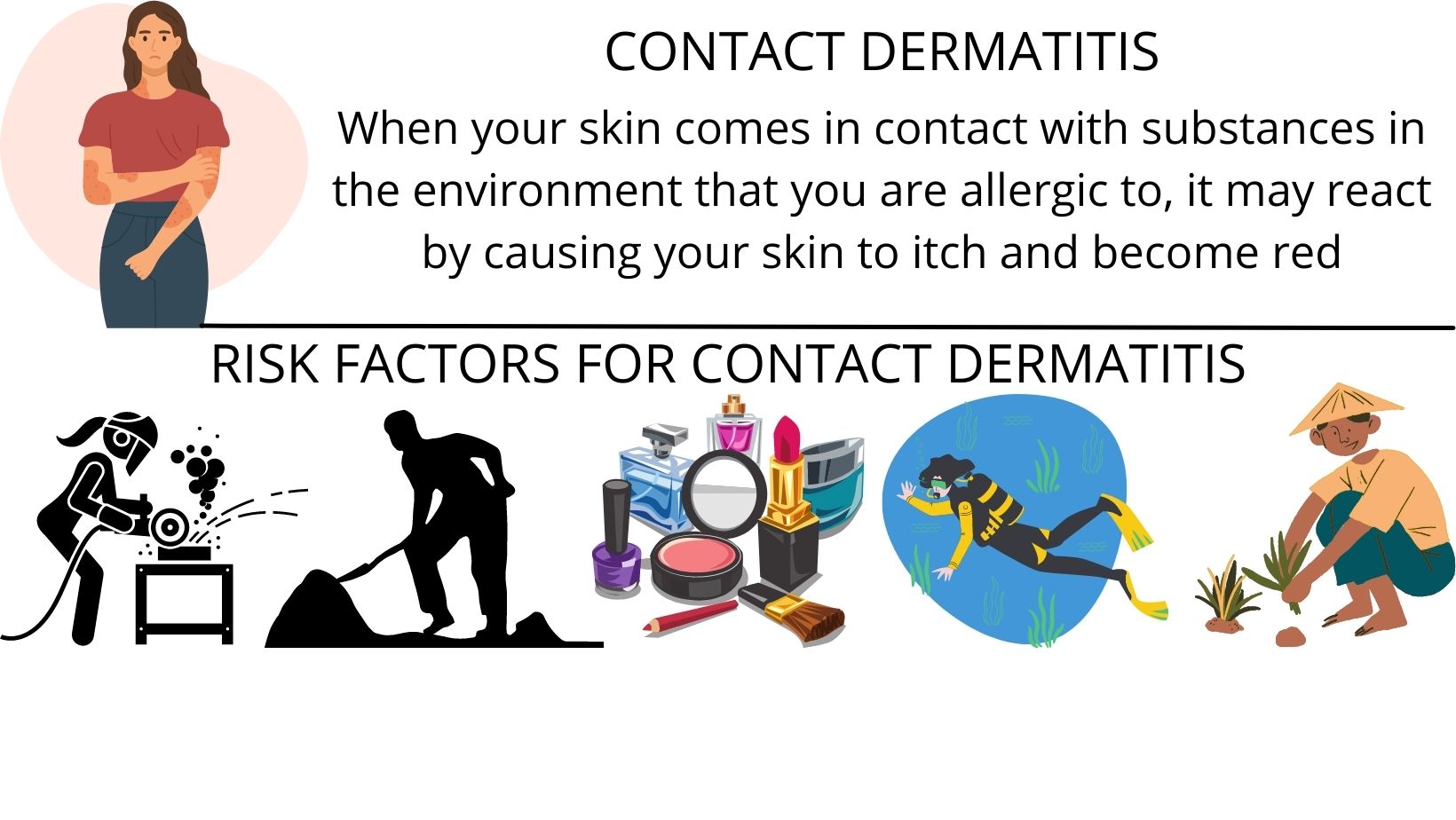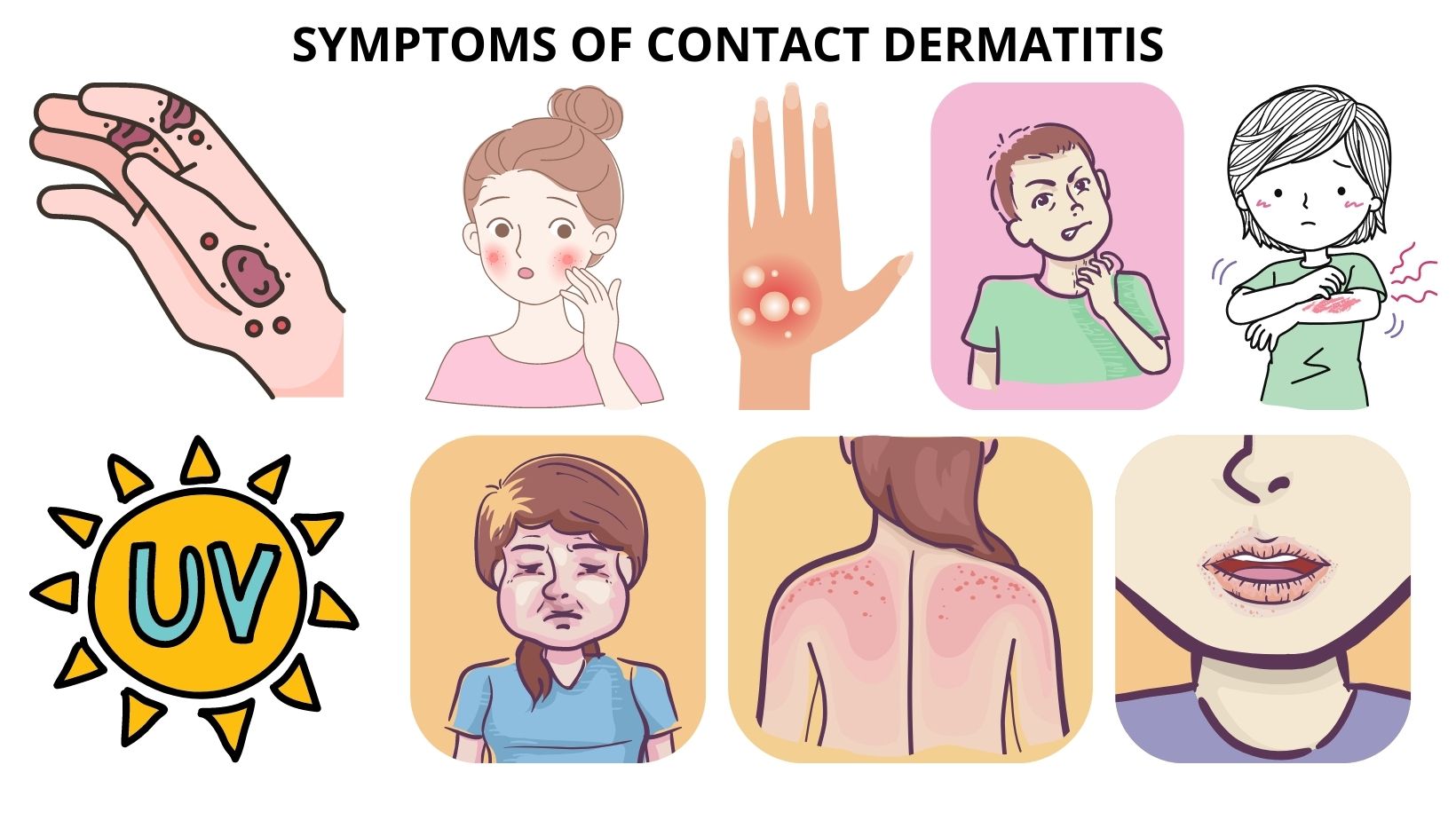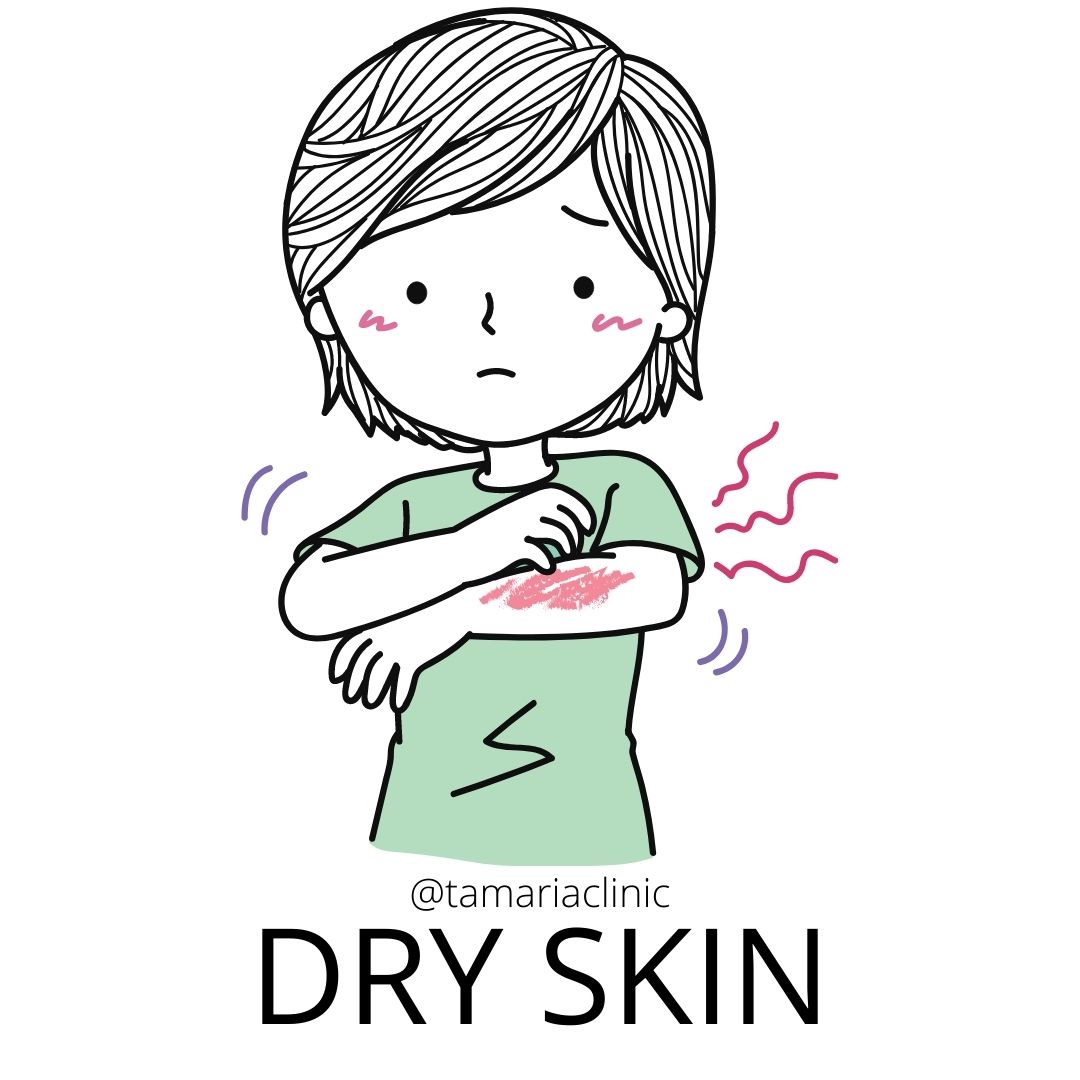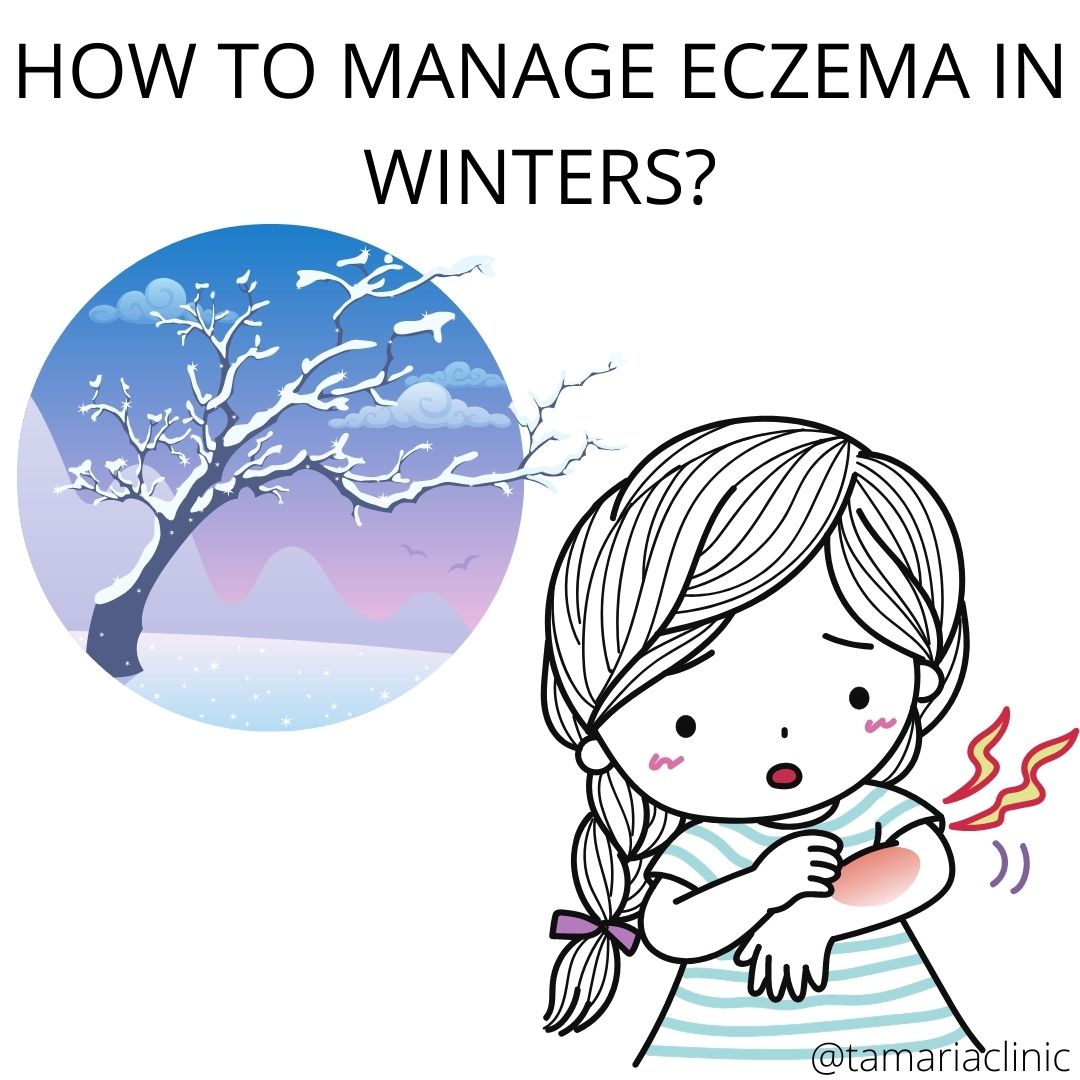THE DEFINITIVE GUIDE FOR THE TREATMENT OF CONTACT DERMATITIS
 WHAT IS CONTACT DERMATITIS?
WHAT IS CONTACT DERMATITIS?
When your skin comes in contact with substances in the environment that you are allergic to, it may react by causing your skin to itch and become red. This is called contact dermatitis.
WHAT ARE THE TYPES OF CONTACT DERMATITIS?
There are many types of contact dermatitis but 3 are the most common form of contact dermatitis
- Irritant contact dermatitis
- Allergic contact dermatitis
- Photo contact dermatitis (it is a reaction that occurs when the active ingredients in a skin product are exposed to the sun and results in irritation).
WHAT ARE THE RISK FACTORS FOR CONTACT DERMATITIS?
- Metalworkers
- Construction workers
- Hairdressers and cosmetologists
- Auto mechanics
- Scuba divers or swimmers, due to the rubber in face masks or goggles
- Cleaners
- Gardeners and agricultural workers
- Cooks and others who work with foods
WHAT ARE THE COMPLICATIONS OF CONTACT DERMATITIS?
Contact dermatitis can lead to an infection if you are repeatedly scratch that affected area, causing it to become wet and oozing. This creates a good place for bacterial or fungal growth and may cause further infection.
WHAT ARE THE SYMPTOMS OF CONTACT DERMATITIS?
Symptoms of contact dermatitis depend on the cause and how sensitive you are to the substance.
ALLERGIC CONTACT DERMATITIS
Symptoms associated with allergic contact dermatitis include:
- Dry, scaly, flaky skin
- Hives
- Oozing blisters
- Skin redness
- Skin that appears darkened or leathery
- Skin that burns
- Extreme itching
- Sun sensitivity
- Swelling, especially in the eyes, face, or groin areas

Irritant contact dermatitis may cause slightly different symptoms, such as:
- Blistering
- Crackling skin due to extreme dryness
- Swelling
- Skin that feels stiff or tight
- Ulcerations
- Open sores that form crusts
WHAT ARE THE CAUSES OF CONTACT DERMATITIS?
ALLERGIC CONTACT DERMATITIS -allergic contact dermatitis occurs when the skin develops an allergic reaction after being exposed to a foreign substance, this causes the body to release inflammatory chemicals that can make the skin feel itchy and irritated.
The common causes of allergic contact dermatitis include-
- Jewelry made from nickel or gold
- Latex gloves
- Perfumes or chemicals in cosmetics and skincare
- products
- Poison oak or poison ivy
IRRITANT CONTACT DERMATITIS - Irritant contact dermatitis is the most common type of contact dermatitis. It happens when the skin comes in contact with toxic materials.
The toxic substance that can cause irritant contact dermatitis-
- Battery acid
- Bleach
- Drain cleansers
- Kerosene
- Detergents
- Pepper spray
Irritant contact dermatitis can also occur when the skin comes in contact with less irritating materials - like soap or even water.
DIAGNOSIS OF CONTACT DERMATITIS
- Physical examination
- Patch test
WHAT IS THE TREATMENT FOR CONTACT DERMATITIS?
- Steroids creams or ointments
- Oral medication
MANAGEMENT OF CONTACT DERMATITIS
- Avoid irritants and allergens. Try to identify and avoid substances that irritate your skin or cause an allergic reaction.
- Wash your skin. Wash your skin right away after coming into contact with irritants.
- Apply a barrier cream or gel.
- Wear protective clothing or gloves
- Use moisturizer
- Take care around pets
HOMEOPATHIC MANAGEMENT OF CONTACT DERMATITIS
Graphites
Sulphur
Calcarea carb
Cicuta virosa
Sepia
Natrum mur
Lycopodium
Rhus tox
Petroleum
Dulcamara
Urticaria urens
DO'S AND DON'TS
DO'S
- Maintain hygiene.
- Don't try to self medicate yourself
- Seek medical help as soon as possible.
DON'TS
- Avoid or try to minimize contact with any known allergen.
- Avoid tight clothing around the affected area.


Comments
We have received your comment , Thank You !